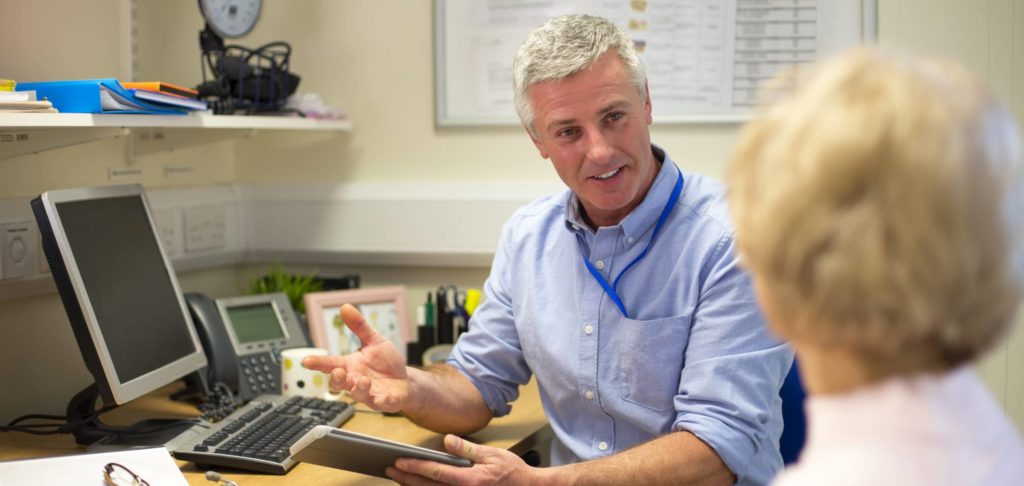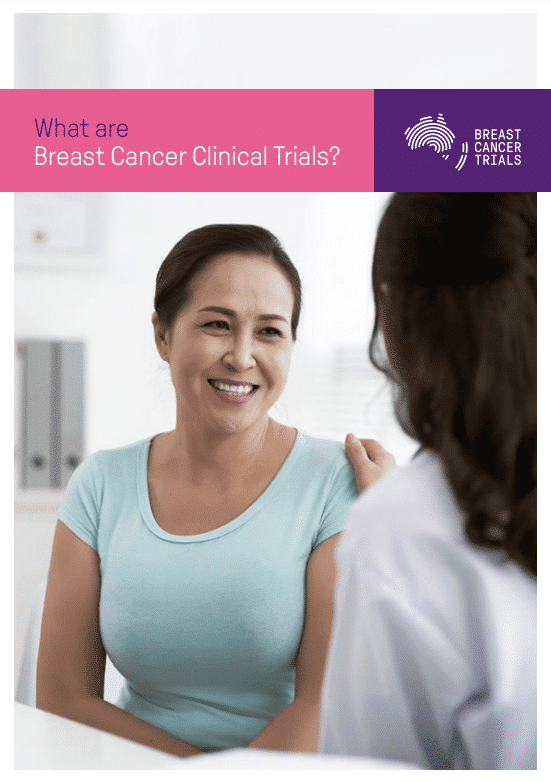- Research
- 2022-2026 Research Strategy
- Open Clinical Trials
- Closed Clinical Trials
- What is a Clinical Trial?
- Why Participate in a Clinical Trial
- Remote Telehealth Pre-Screening Process
- Research Achievements
- Publications
- Research Development and Funding
- Participating Institutions
- International Collaboration
- BCT Trials & Projects Summary
- Translational Research
- Clinical Fellowship Program
- International Fellowship Support
- Annual Scientific Meeting
- Travel Grants and Awards
- About
- Our Impact
- Fundraise
- Donate
- Researcher Login
- Cart
Why Should I Participate in a Breast Cancer Clinical Trial?
While new treatments are tested extensively in the lab, they need to be tested in humans to ensure they work in the patient group they are intended for. Trial participants help researchers and doctors understand more about how the new treatment works, if it is more effective than the current available treatment and to determine the correct dosage of the new treatment.
Clinical trial participants are an essential part of the clinical trials process. Without willing volunteers, we could have no new treatments or prevention strategies for breast cancer.





